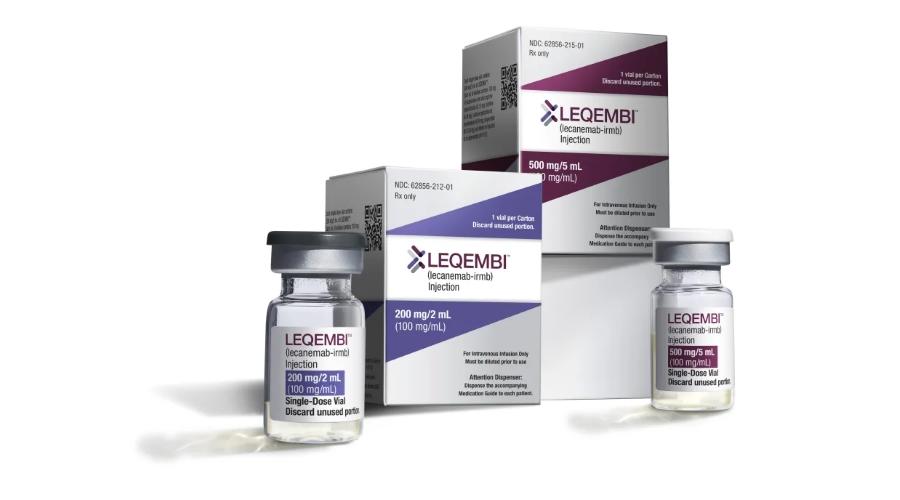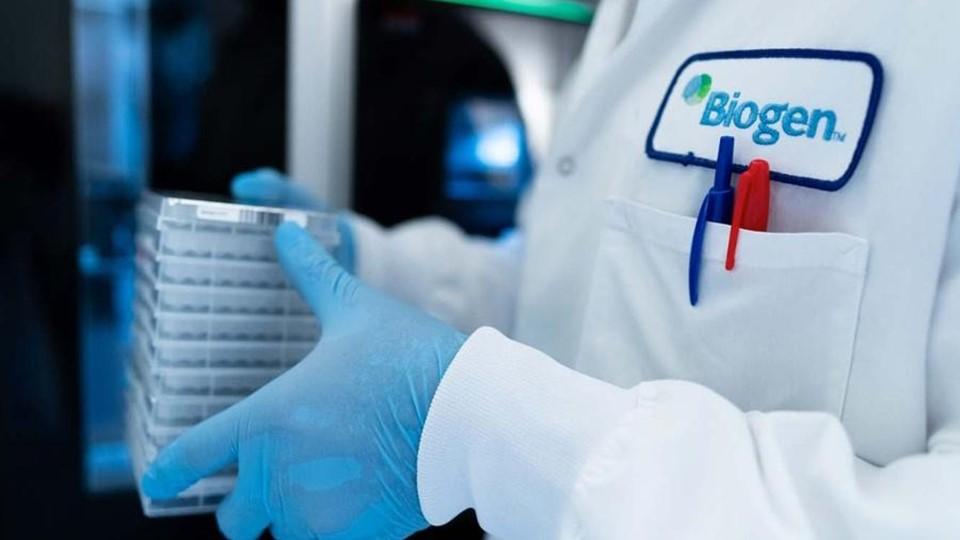FDA sets July verdict date for Leqembi, after adcomm meeting

Eisai and partner Biogen have edged closer to a full FDA approval of their Alzheimer’s disease therapy Leqembi, after the US regulator set a 6th July date for their marketing application.
Anti-amyloid therapy Leqembi (lecanemab) already has accelerated approval for treating Alzheimer’s, but sales are expected to be very limited unless the FDA grants full approval, and the Centers for Medicare and Medicaid Services (CMS) relax restrictions on reimbursement.
The FDA has granted a priority review to the biologics license application (BLA), and will ask its expert advisory committee to look at the data for the drug on an as-yet unscheduled date.
That will be an opportunity for a review and discussion of the results of the confirmatory Clarity AD study of Leqembi, which according to Eisai and Biogen “met the primary endpoint and all key secondary endpoints with highly statistically significant results.”
At the moment, Leqembi is approved on the strength of biomarker data showing that it is effective at clearing amyloid plaques from the brains of people with Alzheimer’s.
Amid the fallout from the abortive approval and launch of predecessor Aduhelm (aducanumab) last year, it is subject to restrictions set out by the CMS that means it is only reimbursable in clinical trials. That means patients have to pay for the drug – priced at $26,500 per year – if they want to try it out.
The FDA advisory committee will have an opportunity to look closely at the Clarity AD results, which were published in the New England Journal of Medicine last November and simultaneously presented at the Clinical Trials on Alzheimer’s Disease (CTAD) conference.
The top-line result was a 27% improvement on placebo on the trial’s primary endpoint, the Clinical Dementia Rating scale (CRD-SB), which was not too far adrift from what was seen with Aduhelm, but with a reduced risk of side effects, including amyloid-related imaging abnormalities (ARIA).
Close attention will also be paid to the FDA briefing document that will be published shortly before the advisory committee meeting takes place, to get a sense of the regulator’s sentiment towards the drug after being roundly criticised for its handling of the Aduhelm approval.
The Clarity AD study, meanwhile, is continuing to follow patients, and isn’t due to finish entirely until 2027, so updated results may also be available.
In February, Eisai said that the launch of Leqembi was running “ahead of expectations” following its January accelerated approval, with the first sales recorded in the middle of January.
Eisai is also hoping for approval of the drug in Japan in the middle of 2023, and in Europe and China before the end of the next fiscal year, ending 31st March 2024.













